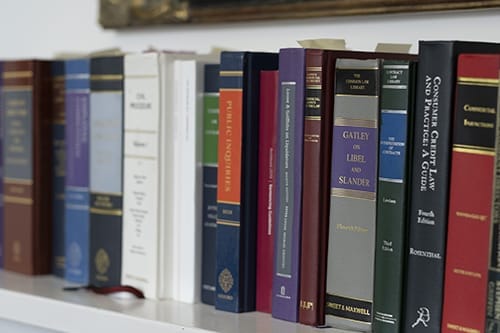On 12th April 2022 the Metropolitan police issued at least 50 fines to people, including Prime Minister Boris Johnson and Chancellor Rishi Sunak, who attended Covid rule-breaking gatherings in Downing Street and Whitehall in 2020 and 2021, at a time when the rest of the country had been ordered to stay at home to limit the spread of coronavirus and protect the NHS.
Attendees were deemed to have committed a summary offence and issued fines by way of a Fixed Penalty Notice.
So, what exactly is a summary offence? What are Fixed Penalty Notices (FPNs) and how are they enforced?
Failure to comply with Covid regulations is classed as a summary offence. Offenders have typically been issues with a Fixed Penalty Notice (FPN), and in most cases only face criminal prosecution if the FPN is unpaid after 28 days, and the relevant police force decide to prosecute.
What is an FPN and how is it enforced?
A FPN is an alternative to prosecution. They have been in use in the UK since the 1950s to deal with a range of minor offences such as road traffic infractions, littering etc.
Most recently FPNs have also been issued to people who have broken Covid restrictions. Boris Johnson, his wife Carrie Johnson, and Rishi Sunak all received FPNs for attending a birthday gathering for the PM at 10 Downing Street on 19 June 2020.
A Fixed Penalty Notice is not a criminal conviction. Payment of a FPN does not require an admission of guilt and will not result in a criminal record as long as it is paid within 28 days of the notice being issued. A record of the FPN is, however, kept on the Police National Computer and FPNs are not available to repeat offenders.
Offenders have the right to challenge an FPN but if they are unsuccessful in pleading their defence it could result in a conviction and criminal record, as well as an unlimited fine awarded by the court. Should those in Downing Street and Whitehall choose to contest their FPNs, it could prompt the police to review each case and either withdraw the fines or send the matter to court.
What next for Boris?
So, Boris will not have a criminal conviction for rule-breaking as long as he pays his fine in a timely fashion. I guess the bigger concern for Boris is whether he broke the ministerial code, and whether he will be subject to a formal investigation for misleading parliament about his knowledge of the events that led to his FPN.









What is a summary offence?
A summary offence is categorised as one of the least serious offences that a defendant can receive. These types of offences can only be tried in the Magistrates’ Court and cannot be tried by juries. Furthermore, punishments for these types of offences is usually not severe.